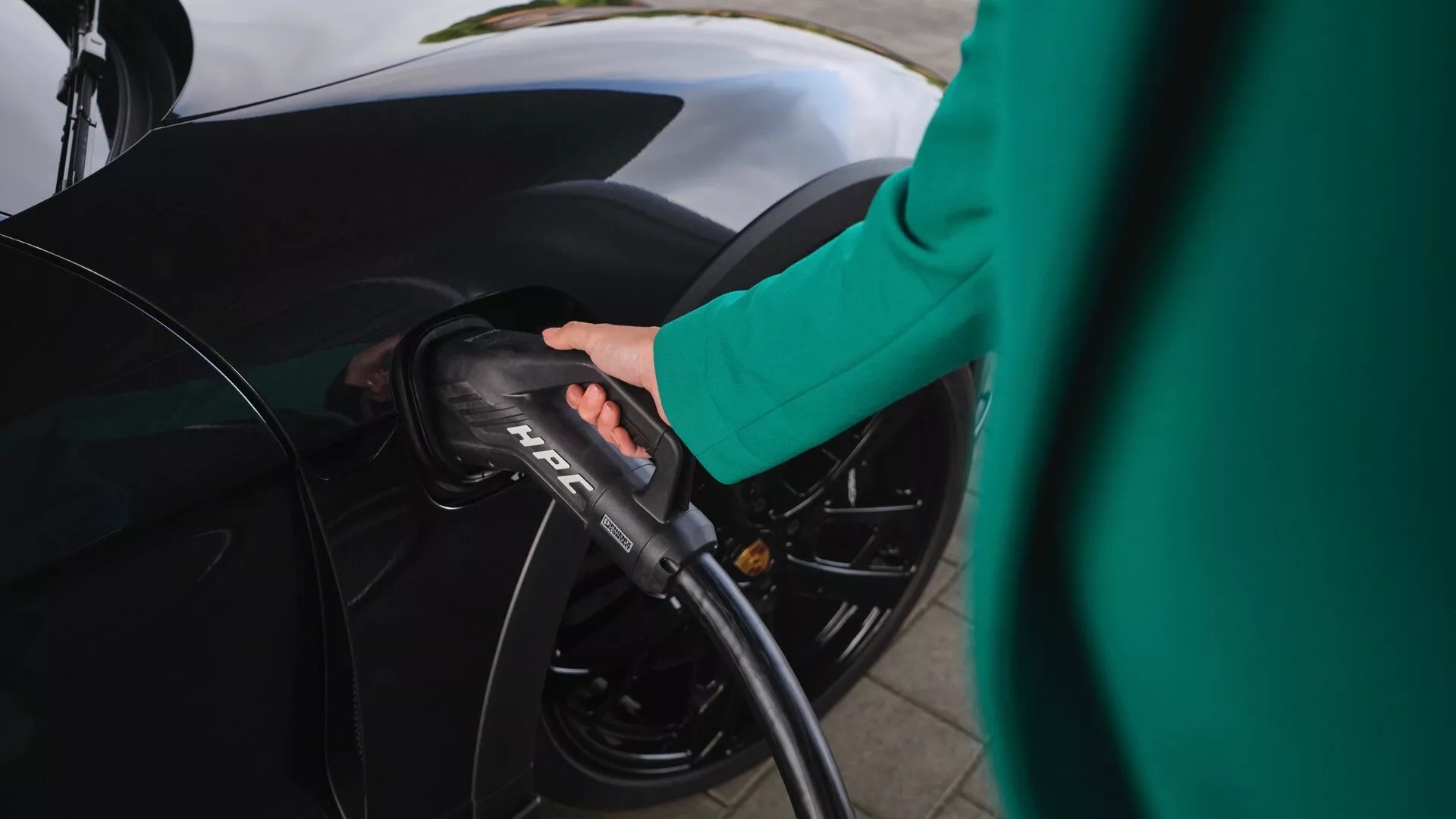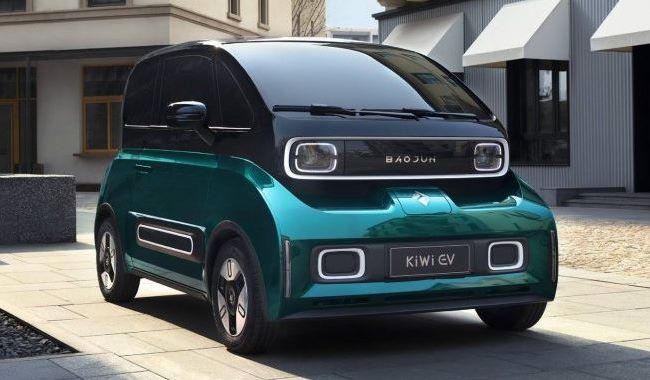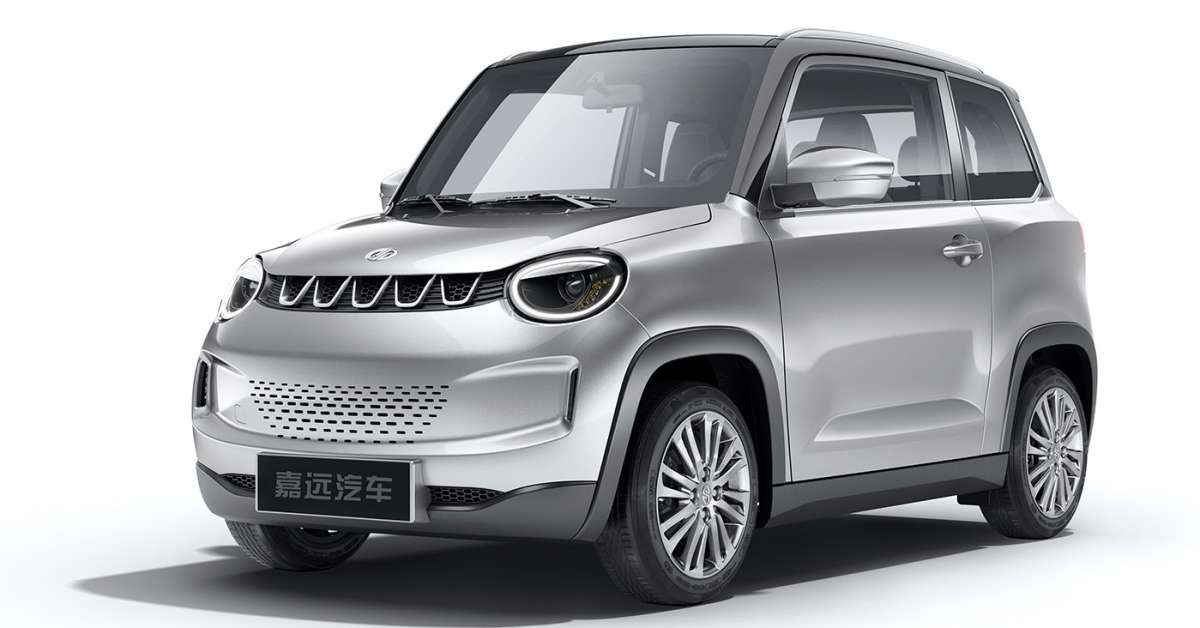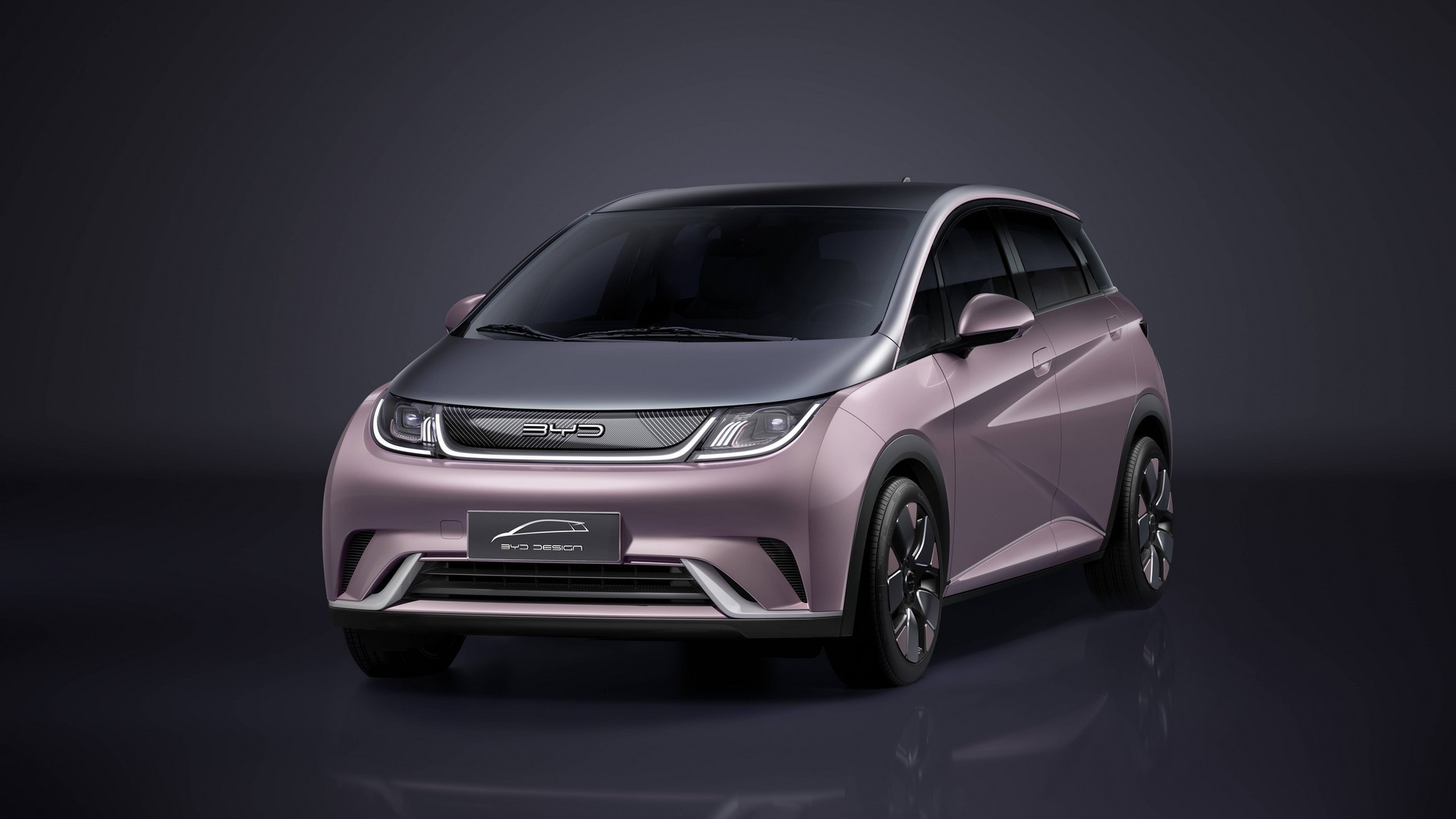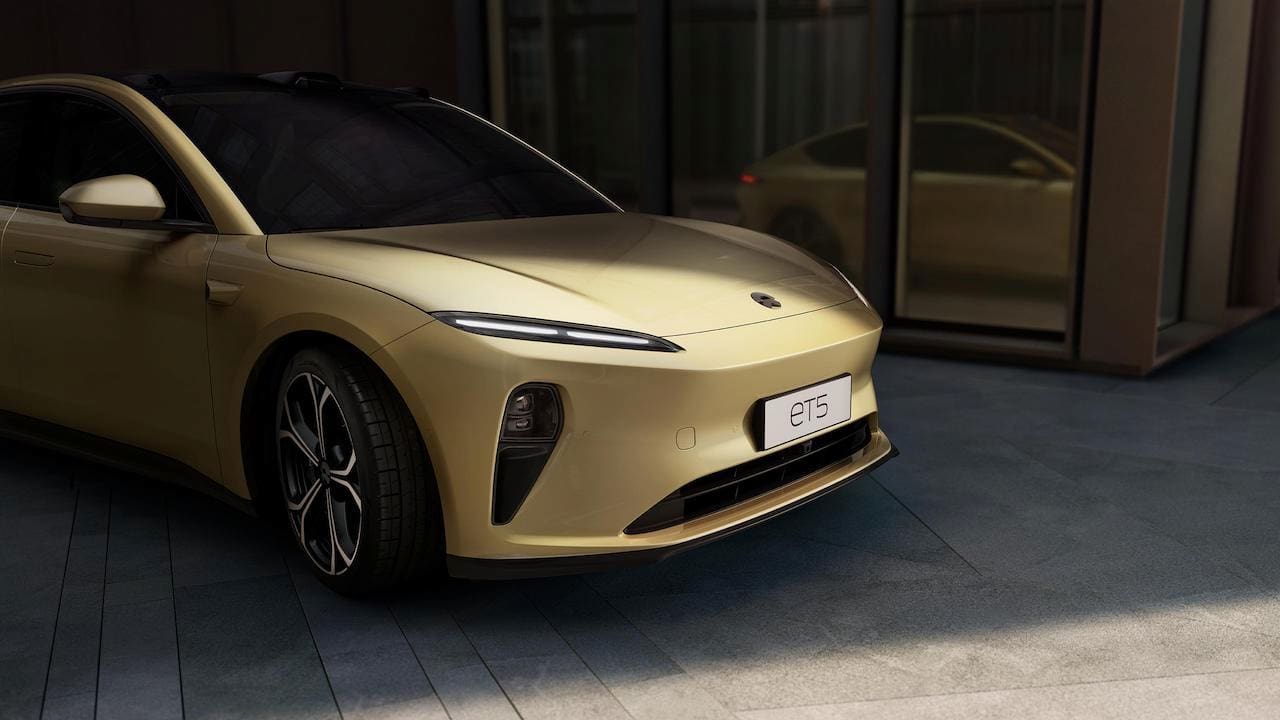Incoming U.S. President Donald Trump’s transition team has outlined plans for sweeping changes to the nation’s electric vehicle (EV) policies, including cutting support for EVs and charging infrastructure, while imposing tariffs to prioritize domestic battery and critical mineral production. The proposals, detailed in a document seen by Reuters, represent a significant shift from the Biden administration’s EV-centered approach.
The recommendations suggest redirecting federal funding away from EV subsidies and charging stations into bolstering “national defense supply chain and critical infrastructure.” This includes securing domestic production of critical battery materials, such as lithium and graphite, which are essential for both EVs and defense applications. “Batteries, minerals, and other EV components are critical to defense production, but electric vehicles and charging stations are not,” the document states.
Under the proposed policies, federal incentives such as the $7,500 tax credit for EV buyers would be eliminated. The Biden administration’s $7.5 billion plan to build charging stations would also be clawed back, with remaining funds redirected to battery-mineral processing. The team emphasizes the need to reduce dependence on China, which dominates global production and refining of critical minerals used in EV batteries.
Karoline Leavitt, a spokeswoman for the Trump transition team, said the proposals align with Trump’s campaign promises to protect traditional automakers and fossil-fuel vehicles while supporting national security. “When he takes office, President Trump will support the auto industry, allowing space for both gas-powered cars and electric vehicles,” Leavitt said in a statement.
The transition team’s recommendations also include rolling back emissions and fuel economy standards to 2019 levels, allowing for increased production of gas-powered vehicles. The proposal would block California and other states from setting stricter emissions standards than the federal government.
Automakers have been shifting toward EVs in part to comply with government limits on tailpipe emissions. However, the document argues that easing such restrictions would protect the U.S. auto industry.
If implemented, the proposals could slow EV adoption in the U.S., potentially affecting automakers such as Tesla and General Motors, which have expanded their EV offerings. Tesla CEO Elon Musk, who has previously supported Trump, said losing federal EV subsidies could hurt Tesla less than its competitors.
The transition team also recommends expanding export restrictions on EV battery technology to adversarial nations and using tariffs to negotiate foreign market access for U.S. automakers, including EV producers.
The document outlines additional measures to promote domestic battery production, including waiving environmental reviews for federally funded projects and providing export support through the Export-Import Bank. These policies aim to position the U.S. as a leader in battery production while addressing national security concerns related to critical mineral supply chains.
The proposed changes reflect a broader pivot in U.S. automotive policy, prioritizing defense-related applications over rapid EV adoption. However, they could face resistance from industry stakeholders and environmental advocates advocating for stricter emissions standards and accelerated electrification.
Source: Reuters

